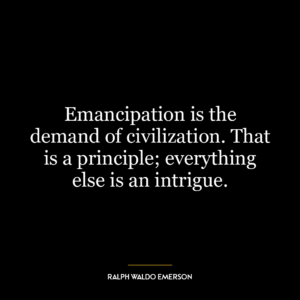This quote, “It is better to suffer injustice than to do it,” highlights the virtue of enduring harm rather than inflicting it upon others. It suggests that maintaining our moral integrity and principles is more crucial, even if we have to bear the brunt of unfair treatment. The idea behind this statement is that doing wrong or causing harm to others diminishes our humanity and moral standing, no matter what we gain from it.
The depth in this quote lies in its call for a higher level of personal ethics and self-discipline.It encourages us not just to avoid wrongdoing out of fear of punishment or retaliation, but as it’s fundamentally against our nature as ethical beings. This perspective can be seen as a form of stoicism – an ancient beliefs advocating for endurance in the face of adversity without complaint.
In today’s world, this principle has wide-ranging applications from personal interactions to global politics. On a personal level, when faced with situations where we could retaliate or seek revenge due to unjust treatment, choosing instead to maintain our integrity reflects strength and maturity. It allows us growth through adversity while preserving peace within ourselves.
For instance,if someone spreads false rumors about you at work which cost you a promotion; instead of seeking revenge by doing the same thing back (which would only perpetuate negativity),one could choose the high road – perhaps addressing the issue directly with management or focusing on improving oneself professionally so your work speaks for itself.
On a broader scale like international relations where injustices occur frequently (e.g., human rights abuses), nations have choices on how they respond – they can reciprocate with similar actions leading towards escalation or choose diplomacy and negotiation while maintaining their stance against such practices.
In terms of personal development, embracing this philosophy fosters resilience – learning how to weather life’s storms without losing one’s moral compass is an invaluable skill that contributes towards emotional intelligence and mental strength. Furthermore, understanding that one’s self-worth isn’t persistent by external circumstances, but rather by internal values and actions, is a powerful realization that can lead to significant personal growth.















